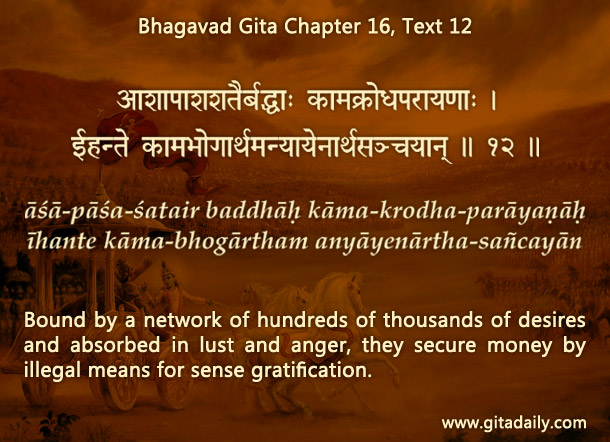Free will is the distance between impulse and response
On seeing addicted people relapsing despite their best intentions, we may wonder, “Do they still have free will? Can we lose our free will?”
No. To understand how we always have free will, consider a net surfing example. When we visit a site repeatedly, it opens as our default home page. Similarly, when we indulge in a particular pleasure repeatedly, that indulgence becomes the default impulse stored in our mind.
Even if a particular browser page opens on its own, we still can choose whether to browse it or to close it. Similarly, even if a particular impulse pops up in our mind, we still have the free will to choose our response. Indeed, free will is the distance between impulse and response. The more tightly impulse and response get tied together, the lesser becomes the room for our free will to act. When this distance becomes miniscule, our impulses feel like shackles (Bhagavad-gita 16.11).
Nonetheless, impulse and response still remain different. Impulse comes from the mind, whereas response comes from the soul. By philosophically understanding the difference between the mind and the soul, we can increase the distance between impulse and response. That is, when an impulse rises within us, we can identify it as the mind’s proposition, not as our own intention.
More empoweringly, if we situate ourselves in the soul’s purpose – the purpose of serving the whole, Krishna – we can disregard the impulse as a distraction from our purpose. How can we situate ourselves in Krishna’s service? By practicing bhakti-yoga. Diligent bhakti practice makes us purified and absorbed in all-attractive Krishna. The resulting satisfaction makes disregarding impulse easier, thereby putting a further distance between it and our response to it.
Thus, by practicing bhakti-yoga diligently, we can empower ourselves to decouple response from impulse, thereby maximizing our free will.
Think it over:
- When do our impulses feel like shackles?
- What is the difference between impulse and response?
- How can bhakti-yoga empower us to decouple response from impulse?
To know more about this verse, please click on the image
Explanation of article:
https://www.youtube.com/watch?v=Y8aXhOa-I1E
Podcast:


Leave A Comment